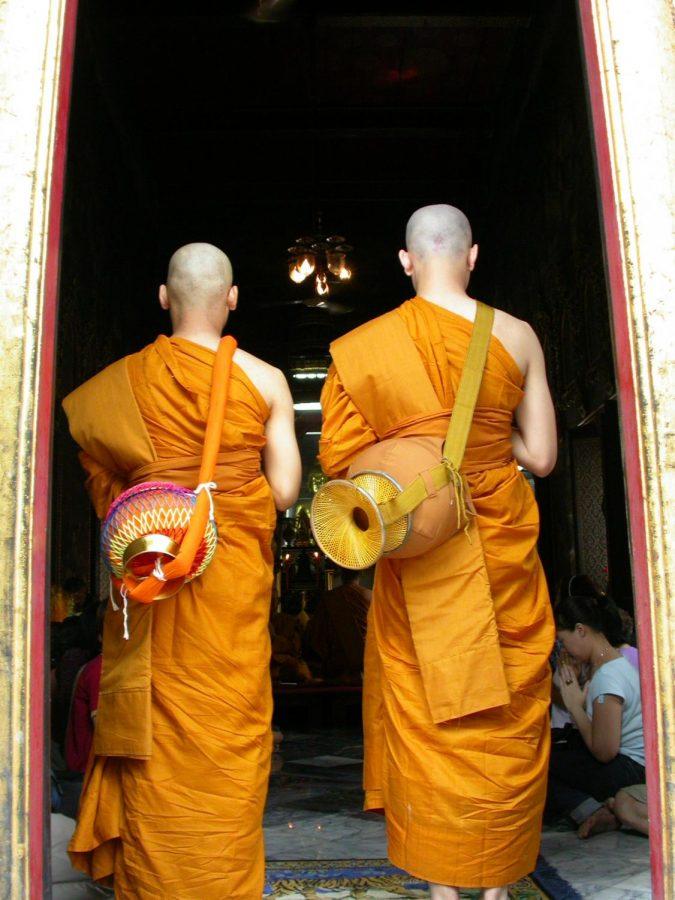University of Pennsylvania offers class in monasticism, asceticism
March 15, 2012
Students at the University of Pennsylvania can take a class guiding them in the principles of living as a monk. Throughout the course, students must follow many of the same guidelines as Catholic or Buddhist monks with restrictions specific to the categories of food, communication, meditation and prayer.
Dr. Justin McDaniels is an associate professor in the Department of Religious Studies at the university. The inspiration for the class came from his background in Southeast Asian languages and religion. Having spent time in a monastery in Thailand shortly after his college graduation, he was familiar with the monastic lifestyle.
Students who enroll in the course “Monasticism and Asceticism” must first apply for acceptance into the elective-only course and then be interviewed by McDaniels. This is necessary since the course has very strict guidelines for the participants and they must understand what will be expected of them. The inspiration for the course came from previous students.
“Thinking of lots of my students over time—late 90s, early 2000s—they were interested in things like meditation, monastic life in Asia; they wanted to know what a Buddhist actually does and not just the history,” McDaniels said.
Food is an important part of the monastic lifestyle, and students have to follow different diets throughout the course.
“There’s one week where students are not allowed to eat anything that grows underground, and this proves to be a challenge when you realize how many foods are grown this way,” McDaniels said. “This includes garlic, turmeric, tubers and more.”
For another week, students may only eat food that is in raw form.
Within communication, students are not allowed to use technology other than electricity and may not read the news unless it is required by another course. They must take a vow of silence for one month and may only speak with an assigned partner in the class.
Senior Jason Hewer thinks a similar class might be a success for UNA.
“I think a class similar to this would be a big hit,” he said. “People would try it just because they were curious, but it would be a difficult endeavor.”
Other students, like senior Jon Mucci, are hesitant.
“I don’t think I would take the class,” Mucci said. “I’d be interested in knowing more about it and finding out the results experienced by others. But at the moment I wouldn’t be willing to be led through even a temporary monastic existence unless I knew more about the class and, most importantly, the instructor.”
The course is not focused on the spiritual or religious tenets of monasticism as much as the lifestyle that is focused around awareness and contemplation, McDaniels said.
“Throughout recorded human history, in every religious tradition, a certain class of people have had the urge to take on restrictions for a better understanding of heaven or spiritual benefit,” McDaniels said.
McDaniels said he believes the course is valuable to students.
“(Students in the course) ask great questions, are incredibly focused, think much more clearly in other courses, memorize better, and value time for thinking and reflection,” McDaniels said. “The contemplative life is part of the human experience, and giving yourself time to think about how great artists, poets, writers have had this tradition of a quiet contemplative life (suggests) that there must be some value to it. We take a few months to step into that world just a bit, and I think there is value in it.”












